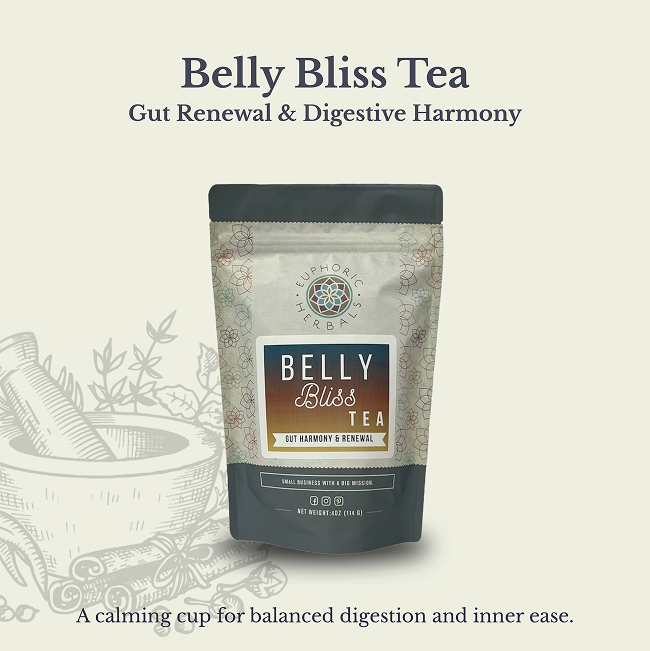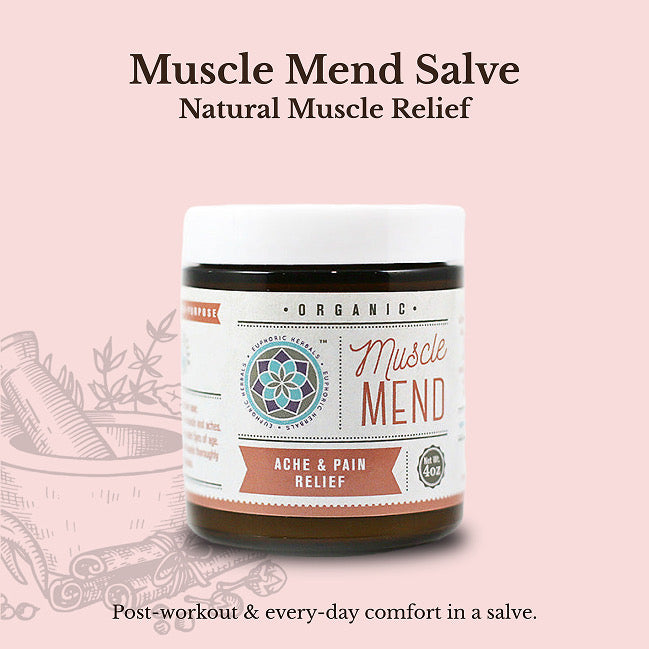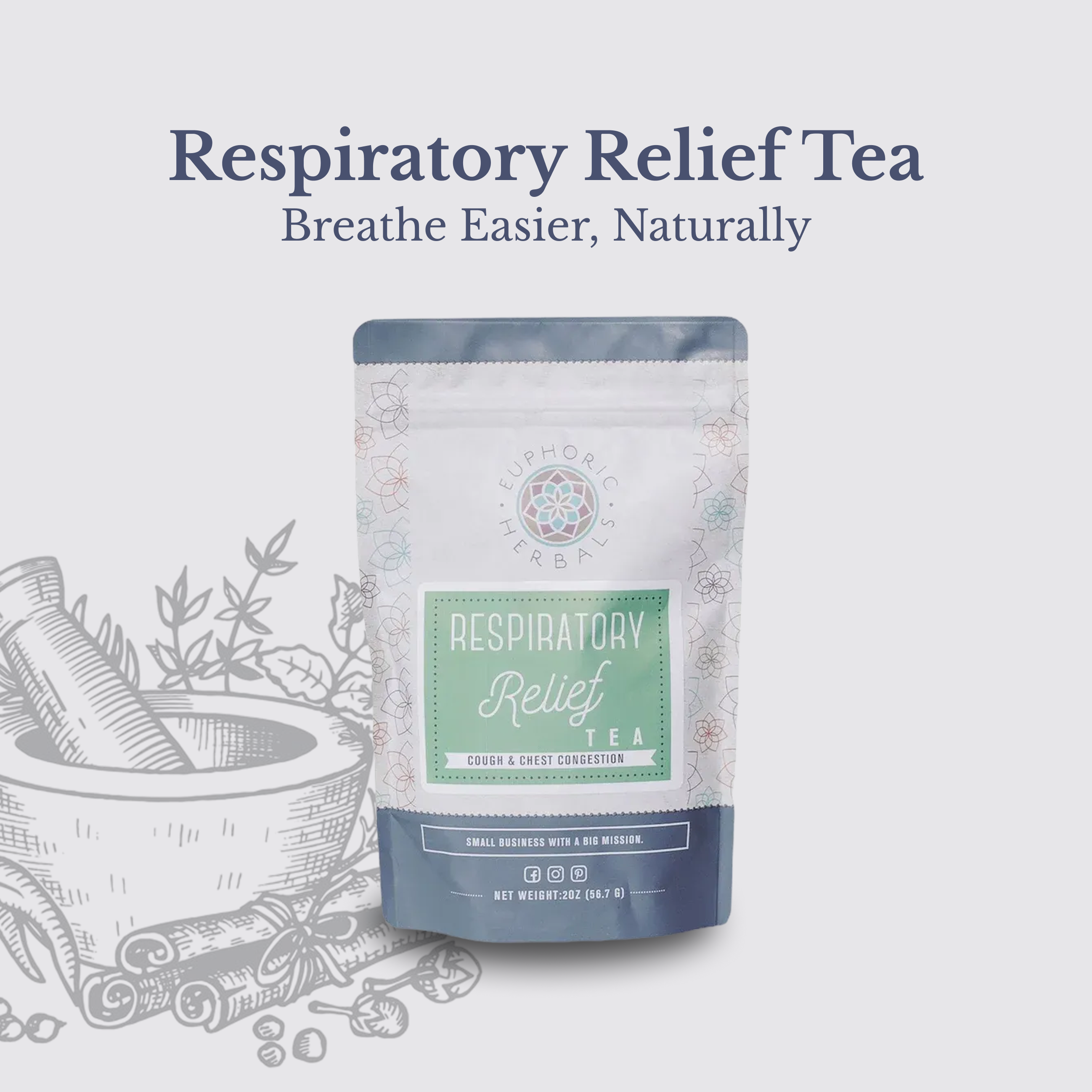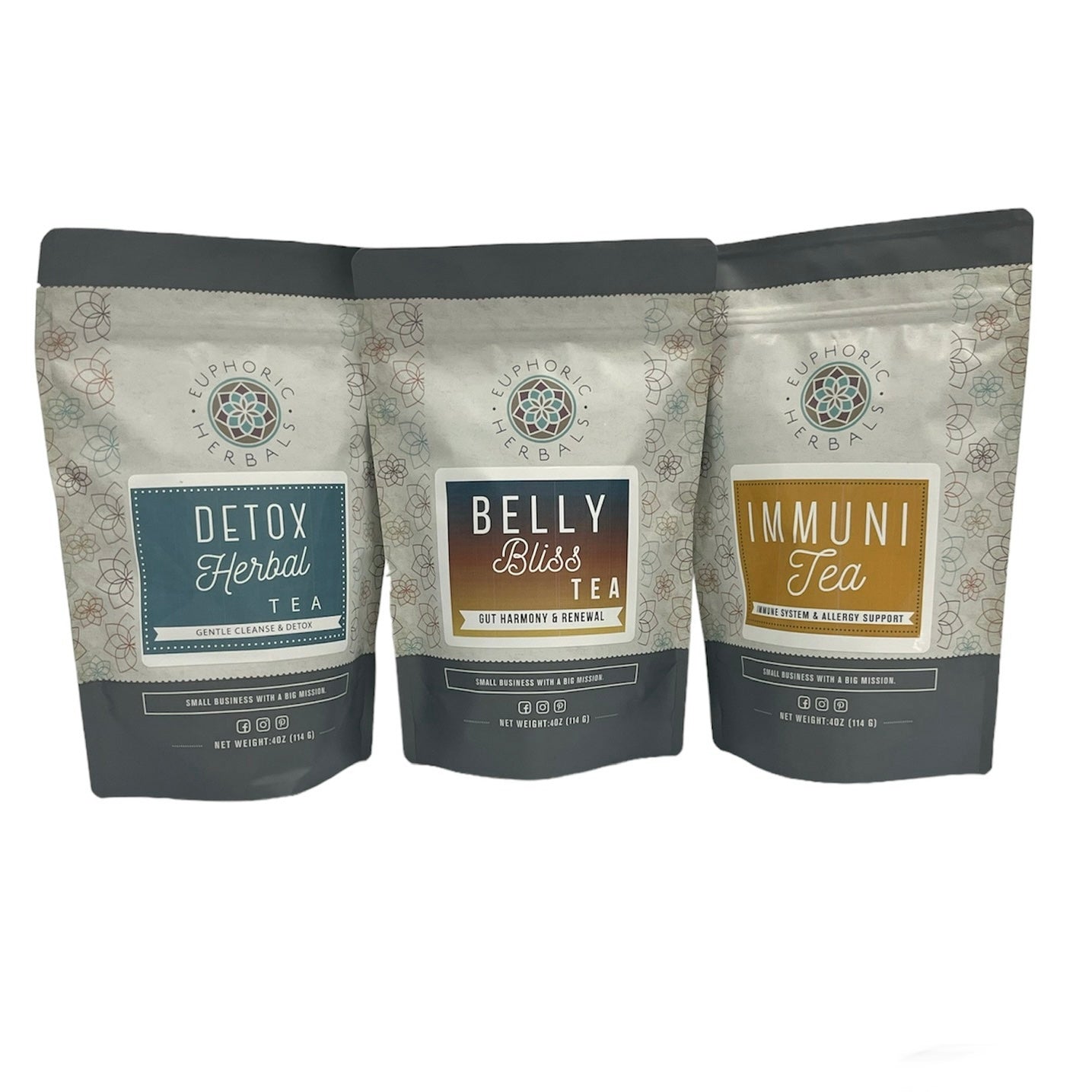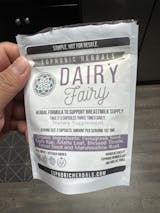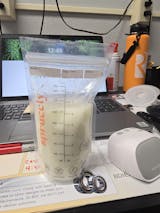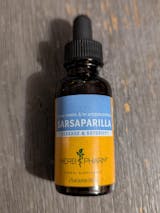Below you’ll find the most traditional and well-loved herbs used to support lactation. They’ve stood the test of time for a reason.

Fenugreek
Fenugreek is the classic galactagogue. Known for its distinct maple-syrup aroma (yes, you may smell like pancakes), it’s long been used to support milk production.
-
Typically used as: capsules, tea, or tincture
-
Benefits: may help stimulate sweat glands—including mammary glands
-
Note: can cause gas for some parents and babies
Some respond beautifully to fenugreek. Others… don’t. It’s a little like cilantro—your body either loves it or files a complaint.
Blessed Thistle
Blessed thistle is often paired with fenugreek because they seem to work better together than alone.
-
Helps stimulate milk production
-
Traditionally used as a bitter herb to support digestion and liver function
-
Used as: tea, extract, capsules
Think of it as fenugreek’s reliable best friend.
Fennel Seed
Fennel has been used for centuries as a galactagogue and digestive aid.
-
Contains phytoestrogens that may support hormonal balance
-
Comforting for gas, bloating, and digestive discomfort (for parent and baby)
-
Used as: tea, capsules, culinary seed
Its gentle flavor also makes it a great addition to lactation teas.
Alfalfa
Alfalfa is a nutrient powerhouse—rich in vitamins, minerals, and chlorophyll.
-
Supports overall nourishment postpartum
-
Long tradition as a lactation tonic
-
Used as: capsules, tea, sprouts, powdered greens
It’s an unsung hero for breastfeeding parents who feel depleted or nutrient-drained.
Nettle Leaf
Stinging nettle is loaded with minerals, especially iron—and deeply nourishing to postpartum bodies. This herb is adored by midwives and doulas! It's very safe for most people.
-
Supports breast milk nutrient density
-
Traditionally used postpartum for rebuilding blood and energy
-
Used as: tea, capsules, tincture
If your supply is impacted by anemia or general exhaustion, nettle is worth exploring.
Milk Thistle
Milk thistle contains silymarin, which has been studied for its potential to support milk production.
-
A small clinical study shows promising results
-
Supports liver health and hormone metabolism
-
Used as: tea, tincture, capsules
It’s gentle, safe, and widely used in herbal lactation formulas.
Goat’s Rue
A strong galactagogue traditionally used to support both milk production and the development of mammary tissue.
-
Believed to help stimulate production at the glandular level
-
Used by breastfeeding parents with PCOS, IGT, or glandular insufficiency
-
Used as: tea, capsules
-
Important: avoid the fresh plant; only use dried herb
It can also lower blood sugar, so those with diabetes or hypoglycemia should proceed carefully.
Red Raspberry Leaf
Often thought of as a pregnancy herb, red raspberry leaf is equally supportive postpartum.
-
Rich in minerals: iron, magnesium, potassium, manganese
-
Helps tone and nourish the uterus after birth
-
Supports overall reproductive wellness while breastfeeding
-
Best Used as: tea or capsules
It isn’t a galactagogue on its own—but it helps the body function at its best, which can support supply indirectly.

Shatavari
A revered herb in Ayurvedic medicine, known for its affinity for the female reproductive system.
-
Traditional galactagogue with growing scientific support
-
Helps balance postpartum hormones
-
Used as: powder, capsules, tincture
It’s deeply restorative and especially supportive for parents recovering from hormonal stress.
How to Use Herbs Safely and Effectively
Before starting galactagogues, it’s important to first explore why supply feels low. Many factors—hydration, latch, feeding frequency, baby’s weight gain, postpartum stress, hormonal conditions—can influence production.
Herbs work best when combined with:
Always consult a healthcare provider if:
-
you take prescription medications
-
you have hormonal or thyroid conditions
-
you’ve had estrogen-sensitive cancers
-
you’re pregnant (most galactagogues are not pregnancy-safe)
Do Herbs Work Better Together?
Yes—often. Herbalists have long combined galactagogues because synergistic formulas tend to perform better than single herbs.
Two easy ways to try them:
1. Lactation Teas
Herbal teas allow for gentle, steady support throughout the day. A well-crafted blend often includes fennel, alfalfa, raspberry leaf, and nettle.
(A great example is Milky Mama Tea, formulated to support both supply and nutrient density.)
2. Lactation Capsules
Capsules offer concentrated, convenient dosing—ideal if you don’t have time to sip tea all day. Both formats are effective; it just depends on what fits your lifestyle.
The Bottom Line
Low milk supply can feel stressful, discouraging, and downright unfair—but you’re not doing anything wrong. Herbs have a long and trusted history of helping breastfeeding parents boost supply naturally.
If you’re struggling, explore herbal support, check in with a lactation professional, and remember:
Your worth as a parent is not measured in ounces.























































































































































































